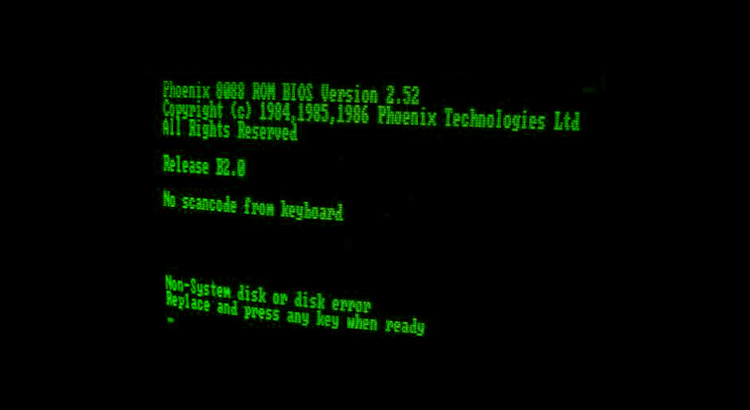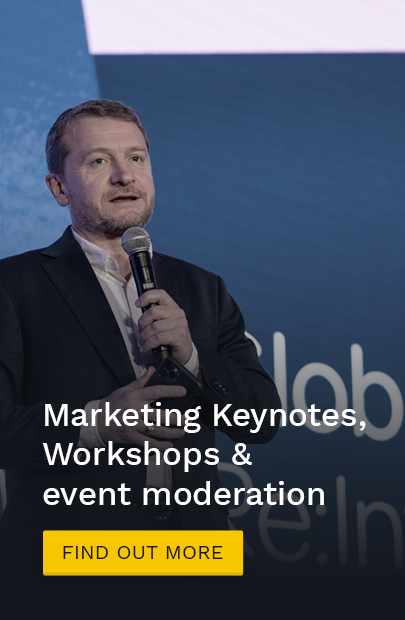Marketing as science, not art: the marketer of tomorrow is the data geek of today. We all know that we are increasingly living in an all-digital world. The last year or two has been a big turning point. Consumers now spend more time on devices than in front of TV.
Rating in the US have suffered sharp declines, with some channels down 18 per cent in the fourth quarter, and in the UK, TV viewing decreased by 4.7%, with viewing on other screens, such as tablets and laptops, growing year on year by 17%.
The effect of almost unlimited media channels, more control in the hands of the consumer and a huge shift in purchase behaviour means that the lines between marketing, sales, customer service, UX and product are all blurring. As marketers, we will need to stop thinking about digital marketing, and start thinking about marketing in an all-digital world.
But in a world where technology is all pervasive and impinges on all aspects of how marketing is done, working out what to do, how to do it as well as where and when to do it poses a real challenge. From chatting to marketing people, and thinking through my own experiences day-to-day as a marketer, as well as preparing the content for DMX Dublin 2015, it is very clear that technology is giving marketers the tools they need to do more and do it more effectively. But it is making the role of marketing more technical – and not necessarily about delivering the best creative advertising.
The role of the marketer now and in the future is one of a shift from the cosy world of limited channels to communicate and being ‘creative’, to one based on data. There is a huge gap between the soft metrics we all track today and the future with lots of data. It’s going to science, not art.
Marketing technology gives us tools that can give us real data – not fluffy guesses – while achieving increased impact. Technology will allow us to segment the audience, target each segment with different creative, and optimise performance to those segments. We will be combining different data, distributing authentic content in lots of different formats across fragmented channels, and trying to effectively tailor each piece of marketing. We will be doing this at the same time as optimising spend and strategy, accurately measuring results and showing the business impact of marketing investments to stakeholders.
The shift from art to science requires marketers to reinvent themselves. Perhaps the marketer of tomorrow is the data geek of today as Ashu Garg, General Partner of Foundation capital calls it. And it’s not just the marketer who is the data guy. As Garg points out, a hundred years ago, Guinness could claim ‘“Guinness is Good for You”, but today, the consumer expects this claim to be supported by data, to say nothing of the reaction of various health authorities!
This shift in behaviour is a massive opportunity for us marketers. In the past, we have often been under pressure from our finance friends to demonstrate marketing’s effectiveness and it’s link to the bottom line. Often, they just don’t believe us. Now, they will have to believe us, as technology makes this more achievable.
However, I still believe that we are going to need both sides of our brain. Creativity and data: intuition and fact; ideas and evidence. We marketers are going to inform and impress, create and communicate – and them all up with an array of data to support both our inspiration and perspiration.




